Choosing the Right 60-Gallon Air Compressor for Your Workshop
Importance of choosing the right air compressor
In any workshop, having a reliable air compressor is essential. It not only ensures the smooth operation of pneumatic tools but also increases efficiency and productivity. When it comes to choosing the right air compressor for your workshop, size matters. A 60-gallon air compressor is a popular choice among professionals and DIY enthusiasts due to its ample capacity and versatility.
A 60-gallon air compressor provides a larger tank size, which means it can hold more compressed air. This translates to longer runtimes without the need for constant refilling. Additionally, a larger tank allows the compressor to handle more demanding tasks that require a continuous supply of air, such as operating high-powered tools or running multiple tools simultaneously.
Understanding the different types of air compressors
Before diving into the specifics of selecting a 60-gallon air compressor, it's important to understand the different types available in the market. The two main types of air compressors are reciprocating (or piston) air compressors and rotary screw air compressors.
Reciprocating air compressors use pistons to compress air and are commonly found in smaller workshops or for personal use. They are more affordable but may produce more noise and require more maintenance. On the other hand, rotary screw air compressors are designed for heavy-duty industrial applications. They use two interlocking screws to compress air, offering higher performance, lower noise levels, and longer service life.
Factors to consider when selecting a 60-gallon air compressor
Now that we have a basic understanding of air compressor types, let's explore the key factors to consider when choosing a 60-gallon air compressor for your workshop.
Determining the required CFM and PSI for your workshop
The required CFM (cubic feet per minute) and PSI (pounds per square inch) are crucial specifications to consider when selecting an air compressor. CFM indicates the amount of airflow the compressor delivers, while PSI measures the pressure at which the air is delivered. Different tools have varying CFM and PSI requirements, so it's important to choose an air compressor that can meet your specific needs.
To determine the required CFM and PSI for your workshop, make a list of all the tools you plan to use and check their respective CFM and PSI ratings. Add up the CFM requirements of all the tools that you anticipate using simultaneously, and select an air compressor that can deliver the combined CFM. Additionally, ensure that the air compressor's maximum PSI matches or exceeds the highest PSI requirement among your tools.
Evaluating the noise level and portability of the air compressor
Noise level is another important consideration when selecting an air compressor for your workshop. High noise levels can not only be disruptive but also have an impact on your hearing health. Look for air compressors that have noise-reduction features, such as insulated cabinets or noise-dampening materials.
Portability is also a factor to consider, especially if you plan to move the air compressor around your workshop or take it to different job sites. Check the weight and dimensions of the air compressor to ensure it is manageable for your needs. Some models may come with wheels or handles for easier transportation.
Considering the power source and motor type
Air compressors can be powered by electricity or gas. Electric air compressors are more common in workshops due to their convenience and ease of use. They require a power outlet and are typically quieter compared to gas-powered models. Gas-powered air compressors, on the other hand, offer greater mobility and can be used in areas without electricity. However, they tend to be louder and require regular fueling.
When it comes to the motor type, air compressors can have either a single-stage or a two-stage motor. Single-stage motors are common in smaller air compressors and are suitable for light to moderate use. Two-stage motors are more powerful and are designed for heavy-duty applications. Consider the intensity of your workshop's air compressor usage and choose the appropriate motor type accordingly.
Comparing the tank size and construction materials
The tank size is a crucial consideration when selecting a 60-gallon air compressor. A larger tank provides more compressed air storage, reducing the need for frequent motorcycling and allowing for longer runtimes. This is particularly useful when using tools that require continuous airflow, such as sandblasters or paint sprayers.
In addition to tank size, pay attention to the construction materials used. Look for tanks made of durable materials, such as steel, as they are more resistant to corrosion and can withstand high pressure. Avoid tanks made of plastic or thin metals, as they may be prone to damage and reduce the lifespan of the air compressor.
Researching and reading customer reviews
Once you have narrowed down your options based on the above factors, it's time to delve into detailed research. Read customer reviews and ratings to gain insights into the performance and reliability of the air compressor models you are considering. Look for reviews from users who have similar workshop needs as yours to ensure you are making an informed decision.
Customer reviews can provide valuable information about factors that may not be apparent from product specifications alone, such as ease of maintenance, customer service, and any potential issues or limitations. Consider both positive and negative reviews to get a well-rounded understanding of the air compressor's pros and cons.
Budgeting and finding the best value for your money
Lastly, consider your budget and find the best value for your money. While it may be tempting to go for the cheapest option, remember that investing in a high-quality air compressor will save you money in the long run. A reliable and durable air compressor will require less maintenance, have a longer lifespan, and provide better performance. Compare prices, warranties, and additional features offered by different brands to find the best balance between affordability and quality.
Conclusion: Making an informed decision for your workshop's air compressor
Choosing the right 60-gallon air compressor for your workshop is a decision that should not be taken lightly. By considering factors such as CFM and PSI requirements, noise levels, portability, power source and motor type, tank size and construction materials, customer reviews, and budget, you can make an informed decision that meets your specific workshop needs.
Investing in a high-quality air compressor will not only enhance your productivity but also ensure a more enjoyable and efficient working experience. With the right air compressor by your side, you can say goodbye to low air pressure and hello to a workshop that operates smoothly and effectively. So take your time, do your research, and choose the perfect match for your workshop's air compressor needs.

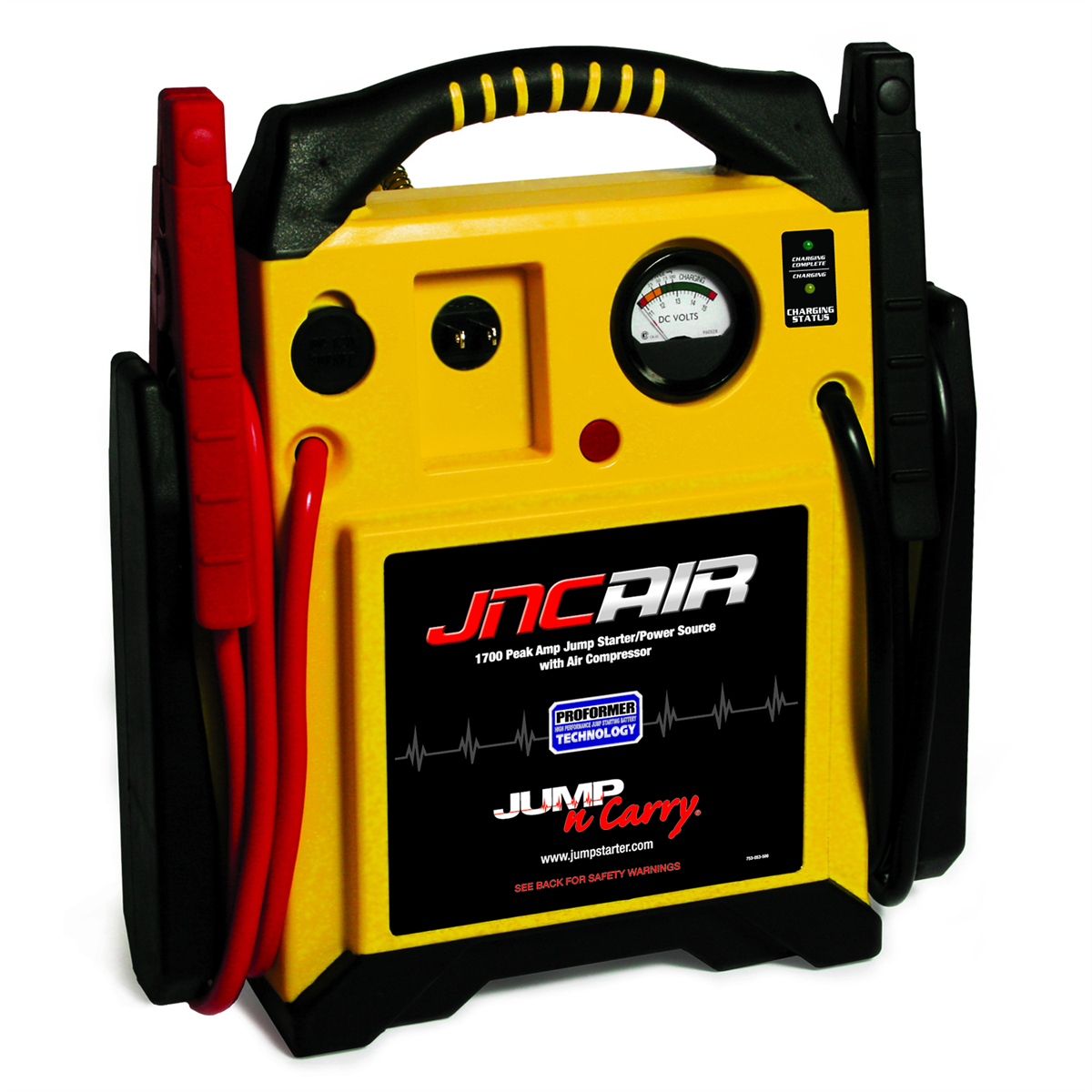

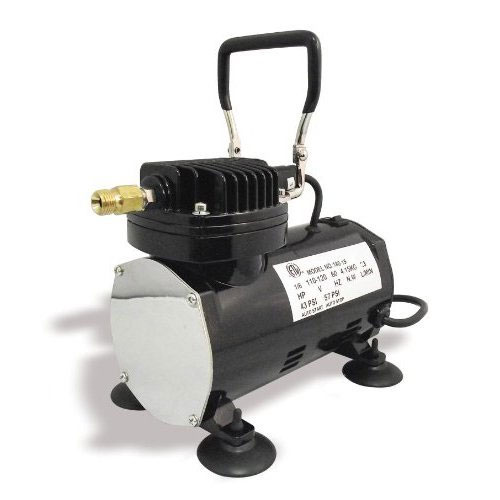

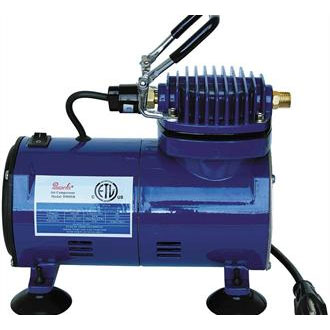



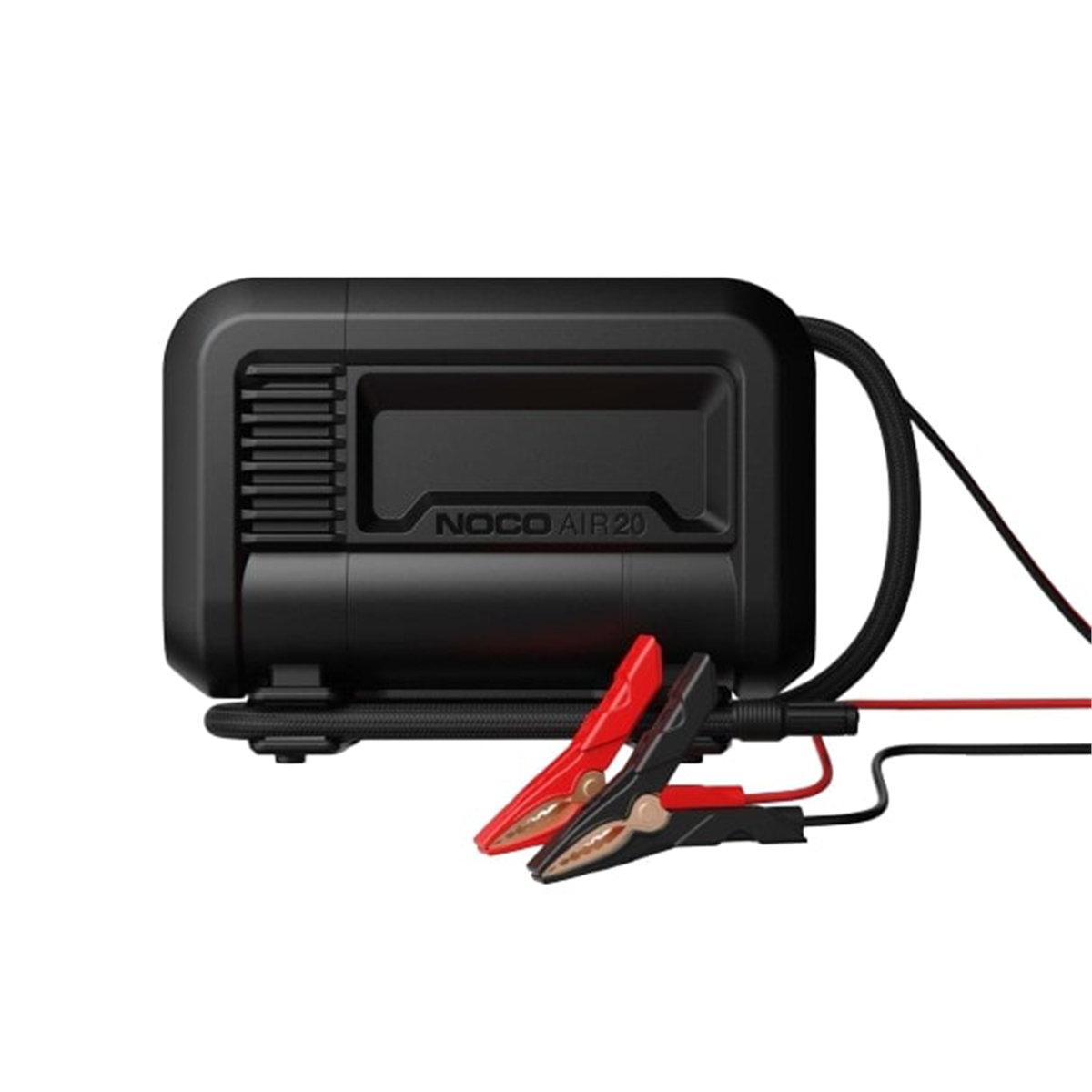
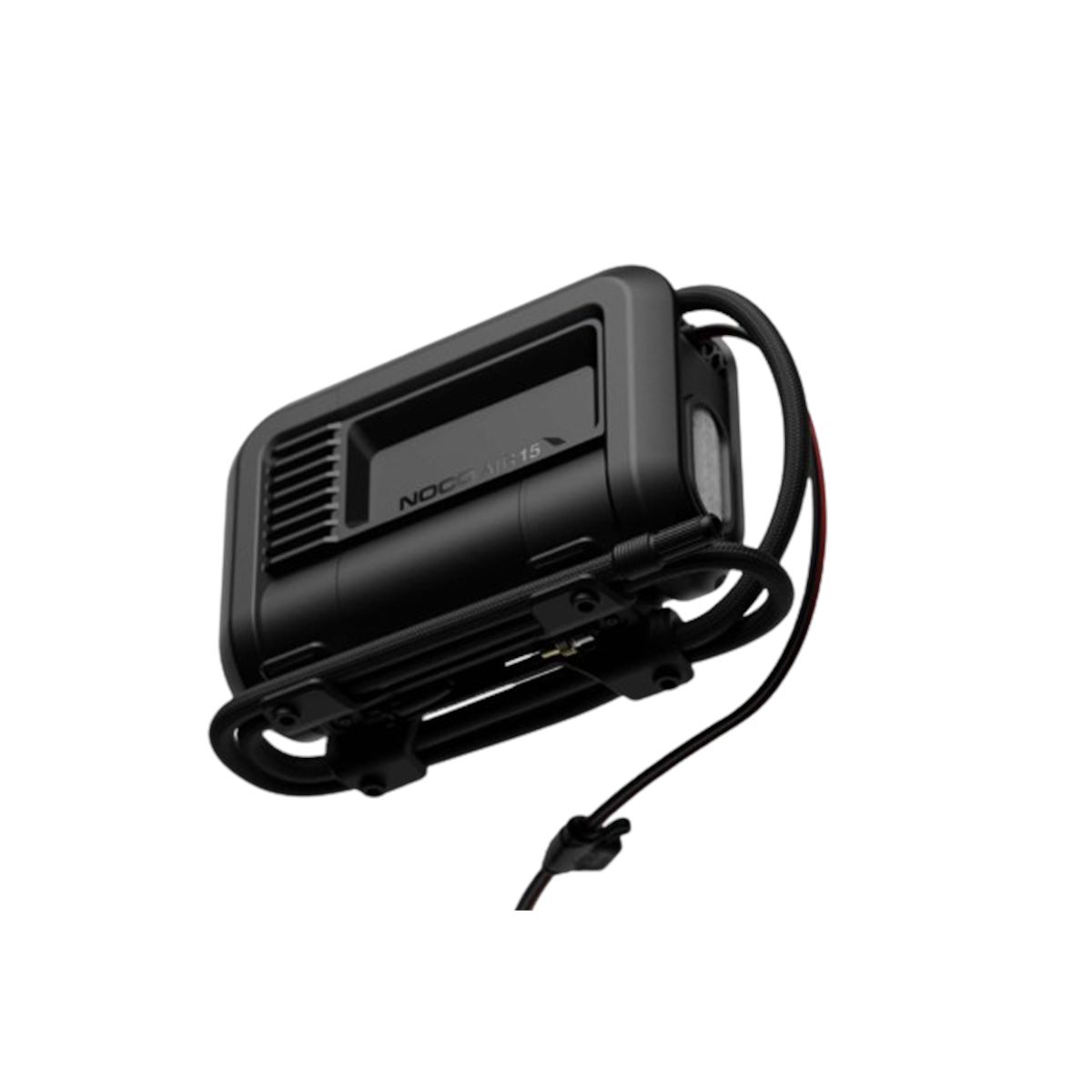
Follow us on social media